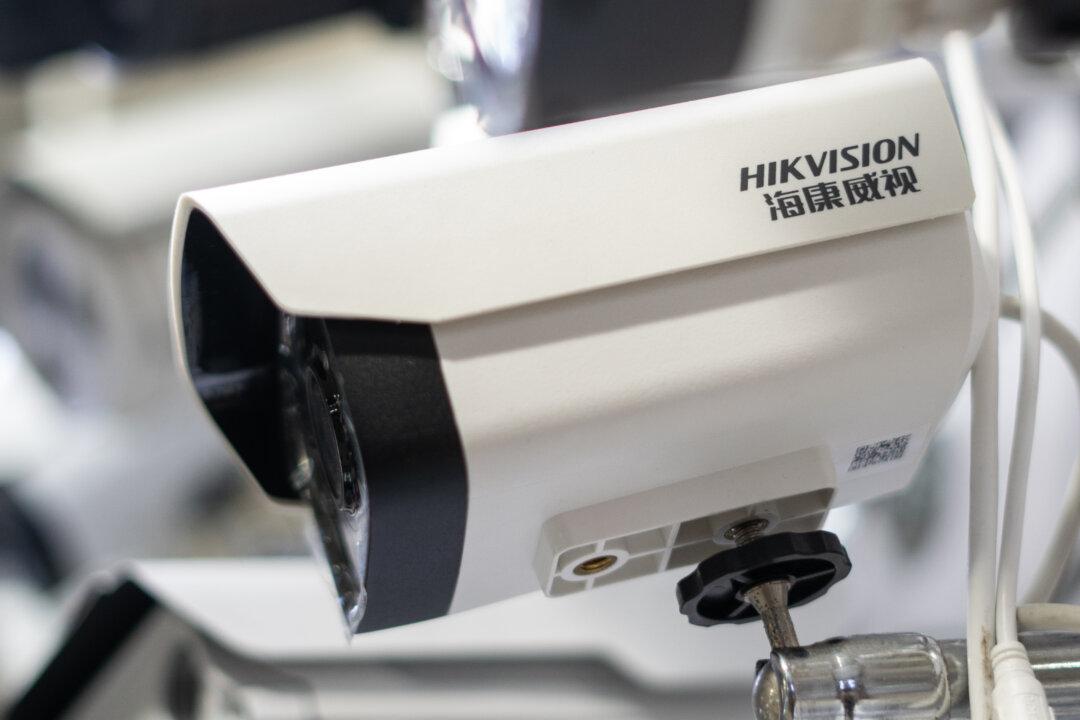Surveillance cameras made by a sanctioned Chinese tech company, Hikvision, are reportedly installed in 50 Quebec cities and public facilities. Canada’s intelligence service has issued warnings about the potential national security risks posed by Hikvision’s surveillance systems.
Le Journal de Montréal, in a Dec. 19 article, revealed warnings from the Canadian Security Intelligence Service (CSIS) concerning Hikvision cameras. In a document the outlet obtained dated Nov. 2, 2022, CSIS said that Hikvision cameras could potentially be used for espionage activities within Canada. A portion of the document was included in the article.





